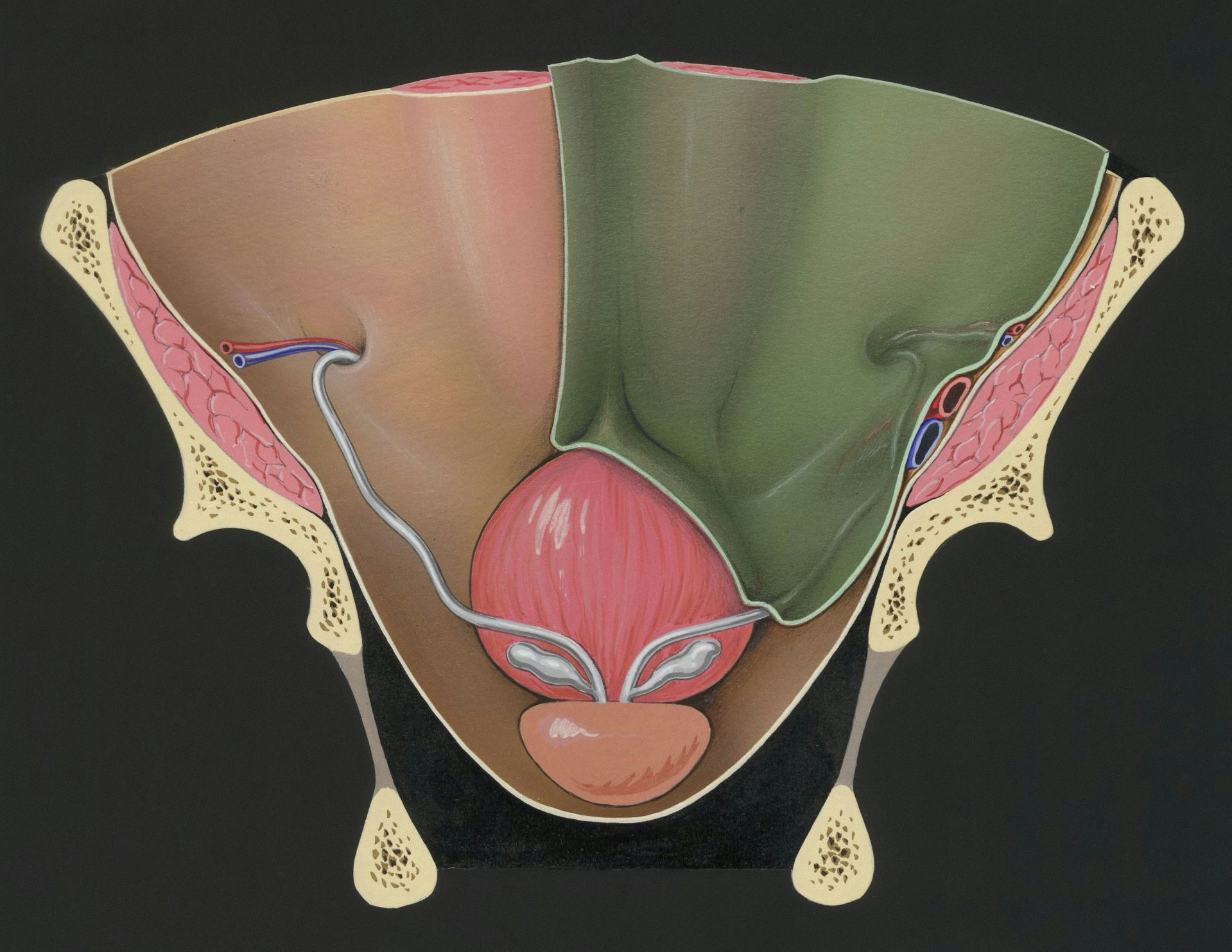
06 Nov Is Your Vaginal Discharge Healthy? A Gynaecologist Explains
Vaginal discharge is one of the body’s natural ways of maintaining hygiene and balance in a woman’s reproductive system. Yet many women feel embarrassed or anxious when they notice changes in color, texture, or smell. According to Dr Usha M Kumar, an experienced gynecologist and laparoscopic surgeon in Delhi, understanding your body’s signals can help you detect early infections and maintain intimate wellness.
Why Vaginal Discharge Happens
The vagina constantly produces small amounts of fluid to keep tissues moist and remove bacteria and dead cells. This discharge changes during your menstrual cycle because of fluctuating estrogen and progesterone.
-
Before ovulation: clear, stretchy discharge resembling egg white.
-
After ovulation: thicker, cloudy, or white fluid.
-
Before your period: heavier or creamier discharge.
-
During pregnancy: increased white or milky discharge called leukorrhea.
All of these are normal—as long as they’re odorless, not itchy, and don’t cause discomfort.
When It’s Not Normal
Abnormal discharge usually signals an infection or hormonal imbalance.
Watch for:
-
Yellow-green color
-
Strong, fishy odor
-
Burning or itching
-
Pain during urination or sex
-
Bloody discharge unrelated to periods
Possible causes:
-
Bacterial vaginosis – thin, grey discharge with fishy smell.
-
Yeast infection – thick, white, cottage-cheese texture with itching.
-
Trichomoniasis (STI) – frothy yellow-green fluid with bad odor.
-
Cervical infection or polyp – brownish or blood-stained discharge.
When to See a Gynecologist
If abnormal discharge persists for more than a few days or is accompanied by pelvic pain or fever, consult a specialist. Dr Usha M Kumar recommends a pelvic examination and laboratory swab to identify the infection and start targeted treatment.
Prevention & Hygiene Tips
-
Wear breathable cotton underwear.
-
Avoid harsh soaps or douching.
-
Change sanitary pads regularly.
-
Practice safe sex and get routine checkups.
Maintaining vaginal health is not just about hygiene—it’s about respecting your body’s natural balance.




Sorry, the comment form is closed at this time.